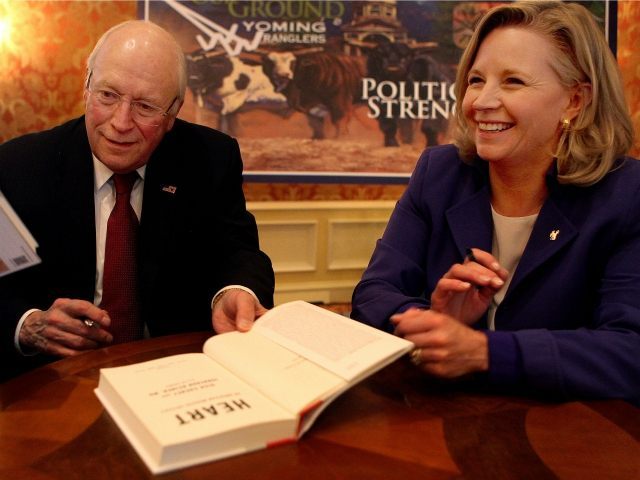Former Vice President Dick Cheney and his daughter, national security expert Liz Cheney, warn readers in their new book, Exceptional: Why the World Needs a Powerful America, that it will be very difficult to undo the damage that President Barack Obama has caused the United States through a deliberate policy of weakening America.
“In the seventy years since World War II, no American president has done more damage to our nation’s defenses than Barack Obama…It is without historical precedent. He has set us on a path of decline so steep that reversing direction will not be easy,” they warn. And most readers of Exceptional, will have to agree. It is difficult to see all the evidence of Obama’s incompetence, neglect, and malfeasance in one place and not reach the same conclusion.
The book is both an easy read and a tough one. Easy, because it is so well-written: I could not put it down, even after a tiring week of work and travel. Tough, because it tells a true story that would be easier to ignore. The effect of Obama’s presidency has been like that of losing a war–not just in the prosaic sense of his premature withdrawals from Iraq and Afghanistan, or his retreat from Russian, Chinese, and Iranian aggressions, but in the sense that we have lost strategic advantages that we may never regain, and our enemies believe that they have defeated us.
The great strength of Exceptional is that it places America’s current foreign policy in historical context. While Obama believes that America is a deeply flawed nation, and responsible for many of the problems in the world today, the Cheneys describe how America’s leaders built the country’s military into a force that defeated fascism in Europe and eventually freed the captive nations of Eastern Europe from communism. They defend the Iraq War–noting that key figures in the Obama administration voted for it–and decry his squandering of eventual victory.
Like Bret Stephens’s outstanding America in Retreat: The New Isolationism and the Coming Global Disorder, the Cheneys’ book attempts to shape a new foreign policy agenda for a new, perhaps Republican, president. One key weakness, however, that their book shares with his is a failure to incorporate the conservative grass roots into their vision.
They call for the “sequester” of the Budget Control Act to be repealed, for example, so that defense budgets cab be restored, but do not suggest ways to make equivalent budget cuts elsewhere–a key for conservative support.
As last week’s Tea Party rally against the Iran deal showed, the conservative base remains the natural constituency for a strong foreign policy–but it must be one that grapples with the security threat the national debt has beome.

COMMENTS
Please let us know if you're having issues with commenting.